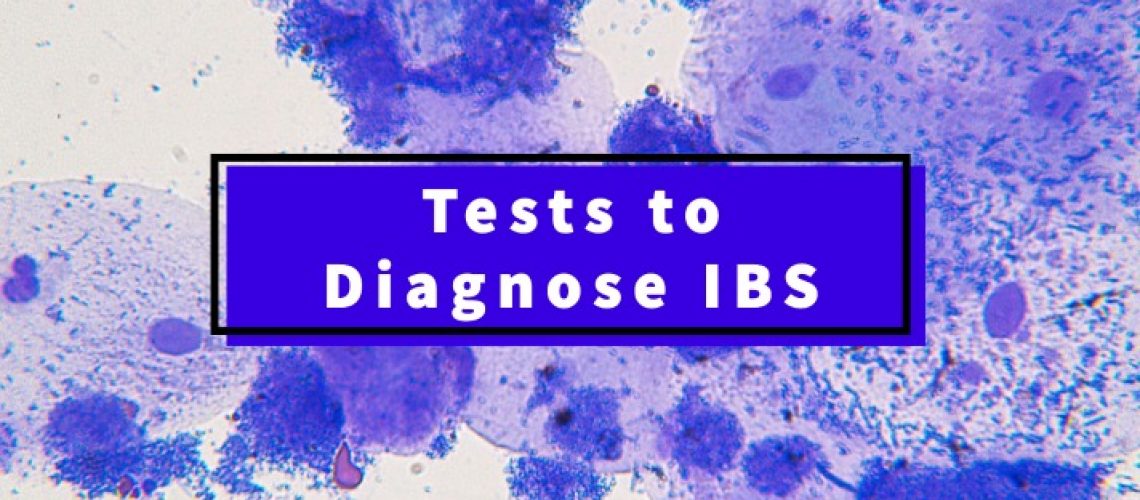How is IBS diagnosed?
Well to start it’s what’s known as a functional gut disorder, aka a person experiences symptoms yet no abnormalities that could explain those symptoms show up on imaging or lab tests. In other words when someone has diabetes doctors can use a well established and clinically validated biomarker that is HbA1c. Unfortunately functional gut disorders, do not have such biomarkers which is what makes diagnosis trickier. Instead doctors rely on following a process of exclusion in combination with a set of criteria to make a definitive diagnosis.
The reason they follow this process is because many IBS symptoms can mimic that of other diseases, so it’s important to exclude those first. They can then use the criteria known as the ROME scale IV to diagnose you with IBS. It’s important to establish the criteria is met, otherwise further investigations should be undertaken.
Now lets see how that would work in practice :
Patient visits doctor
next
Doctor gets patient history, symptoms, scans for red flag symptoms (25),
next
Dr orders tests based on assessment – usually blood tests, stool tests etc
next
Depending on test results if no red flags and patient symptoms correlate to criteria of ROME IV then diagnosis of IBS can be made
Testing based on sound clinical evidence
Common Blood and Stool Tests that Doctors may Order
- Full Blood Count
- C-reactive protein
- Erythrocyte sedimentation rate
- Blood test to check for Celiac antibodies
- Faecal Calprotectin to screen for IBD
- Blood Test for Thyroxine levels to screen for hyper- or hypo- thyroidism
Limited Testing: Usually conducted in the presence of alarming symptoms or abnormal test results
SeHCAT scan
Abdominal Ultrasound
Colonoscopy
Alternative Tests – Limited Clinical Evidence
Medical Doctors are highly unlikely to order the following tests or recommend them as there is not enough evidence to show they provide valuable information.
Microbiome Tests
Despite how far we have come with modern medicine and science, there is still a lot we do not know about the wonderful world of our gut microbiomes. For these tests to be useful in diagnosis we would need to identify what the microbiome of someone with IBS looks like versus that of a health person. However researchers have not established a clear microbial signature amongst people with IBS. This can be attributed to the vast differences in our microbiome compositions that is influenced by many factors, especially your diet.
IgG Food Intolerance Testing
This should not be confused with the IgA and tTG blood tests that are commonly used to check for Coeliac disease (28). These tests claim that elevated levels of IgG antibodies to a specific food are indicative of an intolerance. However there is no good evidence to back this up. Rather these antibodies are probably just a normal immune reaction to exposure to that food. Using such tests can be harmful, as you could end up overly restricting your dietary intake if you go by the results to determine trigger foods. Instead a food exclusion and reintroduction test to identify triggers of individual foods or food groups should be conducted under the supervision of a registered dietician to avoid over restriction.
Intestinal permeability testing
Faecal short-chain fatty acids (SCFA) testing
Lactose hydrogen Breath Tests
Glucose hydrogen Breath Tests




